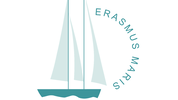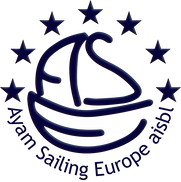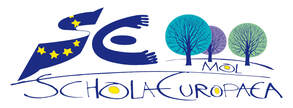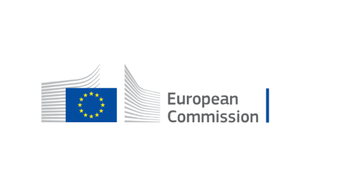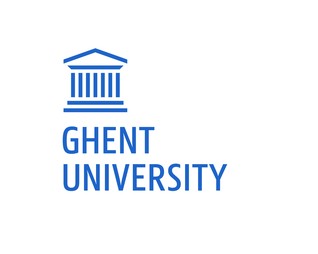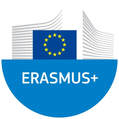RAISE-CS (RAISing Education's sails through Citizen Science) is a EU-funded pilot project with two overall goals:
- To lay the groundwork for implementing an EU-wide citizen science programme run in a robust and harmonised manner by secondary schools, and;
- To root citizen science in the European reference framework of key competences for lifelong learning with the view to integrating this practice in secondary schools curricula and use the sailboat as a motivation factor and a tool to develop interpersonal and soft skills.
RAISE-CS is composed by the following organizations:
- To lay the groundwork for implementing an EU-wide citizen science programme run in a robust and harmonised manner by secondary schools, and;
- To root citizen science in the European reference framework of key competences for lifelong learning with the view to integrating this practice in secondary schools curricula and use the sailboat as a motivation factor and a tool to develop interpersonal and soft skills.
RAISE-CS is composed by the following organizations:
|
Ayam Sailing Europe (ASE) is an International Non Profit Association (AISBL) with the mission to stimulate mobility through sailing. ASE’s activities are based on three pillars: youth exchange projects, education, and social cohesion.
The protection of the marine environment is a cross-cutting priority common to the three pillars. |
The European Citizen Science Association (ECSA) was set up to encourage the growth of citizen science in Europe, and to support the participation of the general public in research processes – across science, social science, humanities and the arts. ECSA’s mission is to connect citizens and science; to promote sustainable development through citizen science; and to ensure that citizen science contributes to policy processes.
|
|
European school of Mol is a multilingual, multicultural school providing schooling for children of all ages in green wooded area of Flanders, Belgium.
The school is involved in the second part of the project, where the pupils will carry out several activities as part of the scientific research work and understand the different phases of the scientific method (sampling, analysis, reporting) related to the microplastic pollution. Furthermore, they will approach the research field in a cross-disciplinary manner while acquiring key competences needed for personal fulfilment, lifelong learning and development. |
The Generalitat Valenciana has a network of public nautical centers open all year round. The purpose of the Escoles de la Mar de la Generalitat is for citizens to enjoy practicing sports in the richest natural environment of the Valencian Community, the sea and its coast.
The Schooner “Tirant Primer” is a training sailboat of more than 25 meters in length, recently renovated and updated to continue its work of educational promotion and environmental awareness through cruising sailing. Its purpose is to spread knowledge of the marine environment and the biodiversity of the Mediterranean Sea, as well as to raise awareness of its necessary protection and conservation, bringing deep-sea navigation closer to the population. |
|
Thomas More is the largest university of applied sciences in Flanders, offering more than 30 Dutch-taught and a range of English-taught bachelor degree programmes & postgraduates in the province of Antwerp.
In this project the chemistry department of the campus in Geel is responsible for the development and the validation of the analysis method for microplastics, which will be used by secondary schools. This is done in close cooperation with the Joint Research Centre in Mol. |
As one of the six scientific sites of the European Commission’s Joint Research Centre (JRC), the JRC-GEEL (Belgium) activities within the RAISE-CS project are:
|
Within the department of Animal Sciences and Aquatic Ecology at Ghent University, the research team of Prof. Janssen and Prof. Asselman focusses on the challenges of pollutants and environmental stressors in marine and freshwater ecosystems and the implications for environmental and human health. The team has pioneered in microplastics research since 2002 and focusses on addresses both human and environmental health impact of plastic pollution.
For this project specifically, they are providing scientific insight and support in close collaboration with the JRC at Geel.
For this project specifically, they are providing scientific insight and support in close collaboration with the JRC at Geel.
